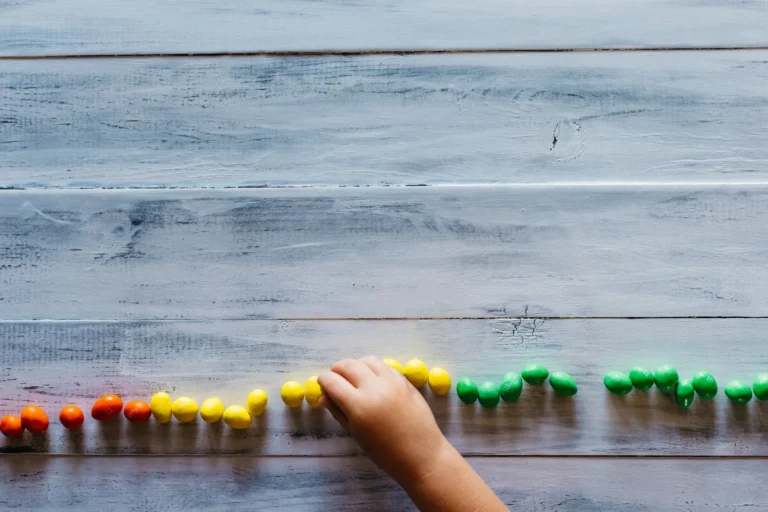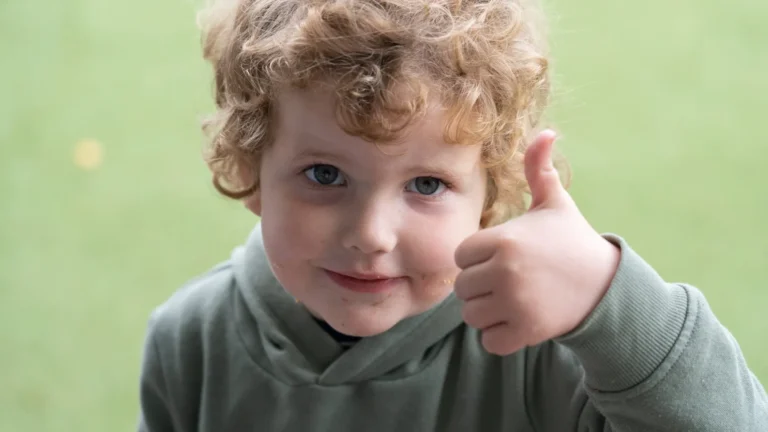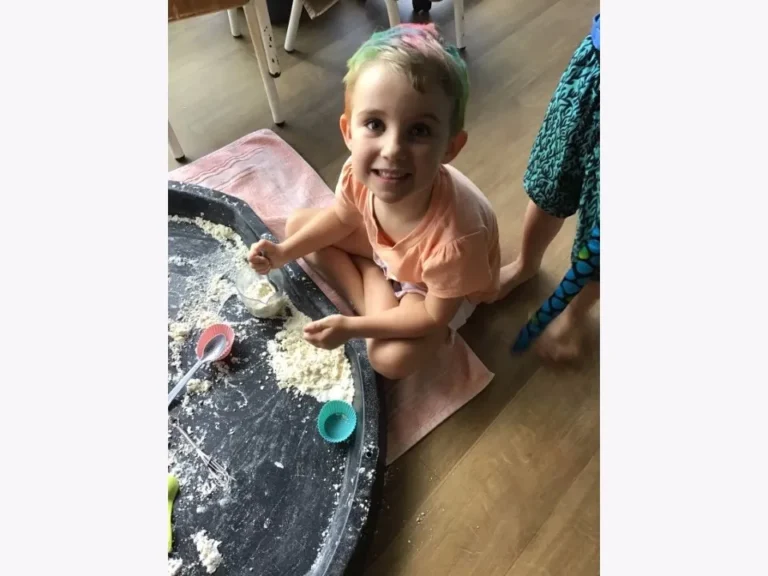That time of the year is fast approaching, and while it is coming to an end some children are preparing for their transition to kindergarten. This transition is a significant milestone in children’s lives and is equally as big of a transition for their families as well. Transitioning to school will bring about a lot of new experiences for children, such as a change of environment, new teachers. new learning expectations, rules and routines and developing new friendships.
It’s no surprise that some children find it challenging to adjust to these new changes, so it’s important for families to provide them with as much support and preparation as possible to get them through this new phase in life.
Families can help prepare children for their first day at school by:
- Visiting the school with your child before they start so they’re familiar with the classrooms, playground equipment, bubblers, toilets, sick bay etc
- Helping your child meet some teachers, school office and canteen staff
- Explaining to your child what the buddy system is e.g. where older children support children in their first year of school
- Reading books with your child about starting school
- Being involved in your child’s school community e.g. participating in playgroups, school visiting days, orientation days or other social gatherings like school fetes
- Attending school events such as a book week parade, an assembly, school concert or an end-of-year picnic
- Developing good relationships with other parents, especially other parents of your child’s friends
- Establishing good attendance patterns for your child
- Develop family routines at home to support your child’s learning at school e.g. read with your child each night, help them with any homework etc.
- Meeting with school personnel to discuss any concerns, asking questions and/or providing information
There may also be some of questions or uncertainty surrounding the preparation for school, as well as what assistance and support children receive from early childhood education centres, their educators and the program provided. While learning to count and learning to read and write are important in children’s education, the primary focus of school readiness for early childhood educators is to ensure that each child is socially and emotionally ready for this transition, as well as being confident in the use of their own self-help skills. Developing these social emotional skills are crucial for children transitioning as these assist them in becoming successful and confident learners. This includes children being understanding of their emotions, why they feel certain ways and having an ability to self-regulate and manage their own feelings. It also includes children being confident to socialise, interact and play with other children and to form friendships with others, as well as to have the ability to work through social problems that may arise with peers. Being socially competent maximises children’s opportunities to engage with learning and to take on the challenges that school presents. When children struggle to communicate and build relationships with peers and teachers, this impacts their ability to learn and participate in the school program. Therefore, early childhood educators place a strong focus on ensuring that all children develop a good understanding of how they are feeling. They assist them to work through social issues as well as promote building friendships with others. Educators closely work with each child to ensure that they can communicate their needs and source help when they require it.
Self- help skills are equally as important and promote children’s independence and their sense of responsibility. Self help skills can include children dressing/undressing themselves, putting their shoes on, toileting themselves, eating from their lunchboxes at eating times and recognising when they need help and asking for it. Acquiring these skills are first and foremost the most important for each child, and if a child is not confident in these then other areas of academic learning will fall behind as they will be focused and concerned on how they are feeling and what they can and cannot do. This is why educators are consistent in promoting children’s independence and abilities to care for themselves, to an appropriate degree. This can include children being encouraged and supported to brain storm and come up with solutions to their own problems, to clean and tidy up after themselves and to take care of their own belongings.
When looking at language and literacy education, this learning is embedded into daily practices and routines. Engaging in group times is a routine activity that occurs each day, and includes reading stories, singing and dancing, sharing ideas and ongoing discussions. Being subjected to each of these promotes children’s language skills, their print awareness and their understanding that written words come together to serve a purpose and to send a message. It also promotes their listening and receptive skills, another important skill for big school as following directions and instructions occur during these times. Children are also encouraged to sign in to the rooms each day and to write their own names on their work. While name writing is a great skill to have before commencing school, it is more important for children to be able to recognise their name as their own and be able to make the connection between their name and their own belongings. Being able to keep track of their belongings and identifying them is very important in kindergarten, as there will be a lot more children and a lot of other people’s belongings that are like their own. Not being able to do so can cause feelings of being overwhelmed and uncertain and can again impact your child’s ability to focus and be confident learners in school.
Mathematics and numeracy are part of children’s lives each day. There are endless learning opportunities and teachable moments for this, and is doesn’t only require learning to count. Mathematics is inclusive of things such as shape and colour recognition, counting and number recognition, sequencing, matching, sorting, patterning as well as measurement. Exploring with these mathematical concepts are available to each child each day and in every learning environment. Inside activities such a painting can encourage colour recognition as well as creating patterns. Building with blocks encourages their concentration as well as understanding geometry, measurement and balance. Group time discussions promote counting and number recognition as well as learning from others. In the outdoor environment, engaging with water and sand encourages learning about mass, weight, and other forms of measurement.



